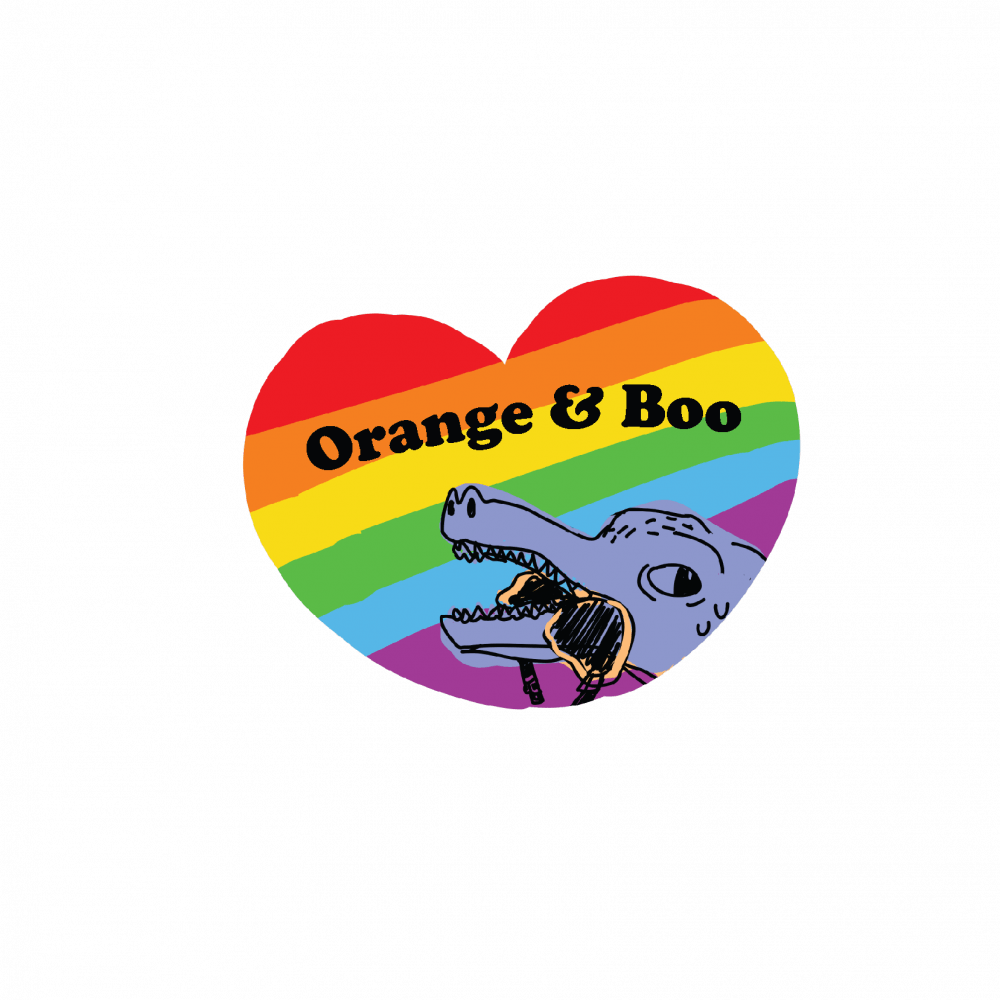I celebrated my first ever Pride in Gainesville.
Moving here three years ago was the first time I ever felt comfortable being out, and the annual celebration which sprawled colorfully across Bo Diddley Community Plaza welcomed me with open arms.
But as protests have erupted across the country in the past few weeks, and the COVID-19 pandemic has canceled all mainstream Pride parades, we are taken back to the origins of the Pride movement, a time long before queer people were free to gather and be ourselves with rainbow apparel in public spaces.
Many people are familiar with the impetus of the modern gay rights movement, the Stonewall riots in 1969. These uprisings, which were a response to state violence, parallel the Black Lives Matter movement of today and show how the systems that queer activists, particularly Black transgender women, fought against all those years ago still hold power today.
Robert Baez is a UF Department of Sociology and Criminology & Law Ph.D. candidate whose research is centered on the politics of pride and queer liberation.
“The Stonewall riots [51] years ago did involve the most marginal people within our society,” he said. “It was Black people, Brown people, sex workers, trans people. It’s so important to, again, recognize that this [police brutality against marginalized groups] has always been a problem within our society.”
Baez said while LGBTQ+ liberation and Black liberation don’t look the same, they are interwoven because of the societal power structures that work together and marginalize different groups of people.
“It’s so important to also recognize that there have always been riots and communities fighting back against state violence,” he said.
Moreover, the added dimension of the COVID-19 pandemic offers something else to think about this Pride month. Especially for a community which has already endured a public health crisis by way of the HIV/AIDS epidemic, COVID-19 reveals how minority groups are still those most vulnerable to disease outbreak.
“As a gay man, I’ve had to confront minimizing risk and internalized homophobia in regards to HIV,” UF adjunct lecturer Bienvenido Torres wrote in an email. “Fear of HIV was socialized into me, into all of us as a kid. And I think what we’re dealing with right now is a wide swatch of Americans being unable to cope with disease that kill invisible, in ways we don’t understand, and that is transferred through close proximity. COVID and HIV are both viruses, but the queer community is a lot more familiar with the social and scientific issues surrounding a ‘novel virus’ than the world at large.”
Torres, 35, taught Drag Race & LGBT Communications in Spring 2020. His class developed the Instagram account @purplepamflet to educate UF and Gainesville about the area’s homophobic history, including the presence of the Johns Committee in the 1950s, which attempted to out and expel queer students and faculty.
“As a faculty member, I’ve dealt with overt homophobic behavior on and off campus in Gainesville,” Torres wrote. “I’ve had other faculty members tell me to ‘put my head down’ and ‘feel lucky’ that I wasn’t more expressly rejected by the institution. Queer people, young and old, deserve better at UF and in the state of Florida.”
Ingrid Wu is a 22-year-old alumna who took Torres’ class and helps run the Instagram account.
“The past most definitely affects the present and future,” she wrote in an email. “It’s important that UF owns up to their past.”
Torres recognizes how the circumstances surrounding this Pride month make it different than in the past.
“It’s more introspective and personal, I think. Also way blacker and browner,” he wrote. “I think young people are self-actualizing and realizing their power. We are not the first to fight these battles – we are the most vibrant, connected, and sensitive, though.”
On that first day I celebrated Pride, as glitter-covered people sang and danced and laughed and celebrated around me, it felt like the whole world loved us. And perhaps a lot of them do. But it’s not enough, and this year is loudly reminding us why.
Companies may love us enough to sell us rainbow shirts and socks and keychains, but they don’t love us enough to stop donating to anti-LGBTQ+ organizations.
Our straight neighbors may love us, but not enough to call out homophobic behavior they see in their friends.
Our families may love us, but not enough to vote for legislators who protect our rights unequivocally.
Our city may love us, but not enough to take accountability for the wrongdoings of the past and how those legacies affect us today.
Our society may love us on the surface, but it’s refusing to do the work to recognize how the liberation of queer people is deeply wrapped up in the liberation of all minority groups.
Though the circumstances are disheartening and exhausting, this month has allowed us to reconnect with our roots and shift the mainstream conversation to regain sight of the movement and just how much there is left until liberation is truly and fully possible.
Contact Morgan Goldwich at morgangoldwich@gmail.com. Follow her on Twitter @morgangoldwich.
Today's Black Lives Matters protest and COVID-19 pandemic have presented struggles reminding many of the origins of the LGBTQ+ rights movement.






